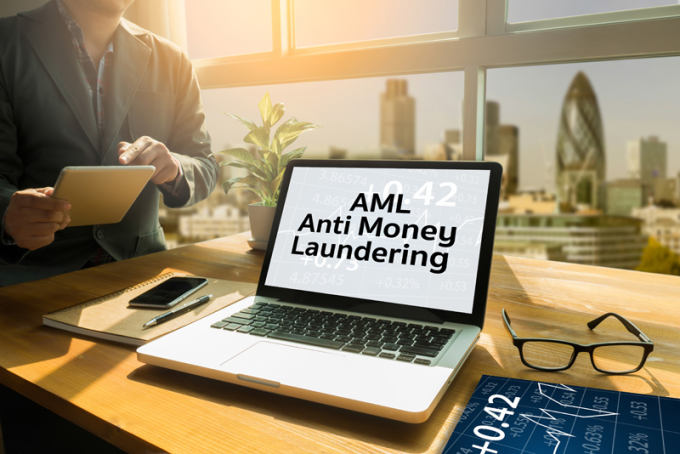
In a complex and shifting global scenario, the financial industry faces numerous challenges relating to anti-money laundering (AML) compliance. In a rapidly changing regulatory environment, within an unstable geopolitical context, financial institutions have to adapt to new technologies and innovative operating models.
As regulators worldwide coordinate to increase transparency and target wrongdoers, AML has taken center stage when it comes to compliance programs.
The 2017 Global Anti-Money Laundering and Sanctions Compliance Survey by AlixPartners shed light on many observable industry trends. A survey of 361 financial institutions, the report is a valuable tool for anyone trying to understand the industry’s current perceptions and expectations.
Through online and in-person interviews, AlixPartners surveyed board members, compliance, risk-management and legal executives, as well as C-level executives from the top global banks, broker-dealers, insurance companies, and other financial institutions, and obtained the following results.
Findings of the AML and Sanctions Compliance Survey 2017
- 20 percent of the surveyed institutions acknowledged that their boards do not receive any training in AML and sanctions compliance, and that it is unclear whether board members are up-to-date regarding the current regulatory framework. For financial institutions outside the U.S., the number of boards at fault exceeds 20 percent.
- 63 percent of respondents said they had experienced some form of de-risking (closing high-risk accounts). While this leads to a reduction in correspondent banking relationships, certain financial institutions have substituted them for relationships with non-traditional counterparts, which involve higher money-laundering risks.
- 32 percent of respondents deemed their firms’ AML and sanctions compliance budgets either “inadequate” or “severely inadequate.”
- 54 percent said AML and sanctions compliance monitoring systems are at the top of their investment priorities for the next one/two years.
- 92 percent stated that their firms have formal AML compliance programs in place
- 35 percent acknowledged that their firms fail to perform independent or benchmarking reviews of their AML compliance programs.
According to a spokesperson for Alixpartners, “success in AML and sanctions preparation hinges on having clear support from senior management and the board… If you want to create a culture of compliance, the tone and expectations need to be set at the top and supported by ongoing education and training.”
To foster a true culture of AML and sanctions compliance, firms must:
- Have an integrated approach to compliance that ensures consistency organization-wide
- Establish adequate incentives for compliance goals
- Have a holistic view of compliance across international borders
- Maintain geographically integrated reporting systems and technology
- Frequently update their compliance programs to reflect changes in the regulatory framework
In a competitive global market where banks and other financial institutions are increasingly interconnected, only those who devote sufficient resources to ensuring AML and sanctions compliance will thrive.
Financial firm facing AML sanctions on compliance issues? Herskovits PLLC can help. For 20+ years we have focused exclusively on helping securities industry firms and professionals defend themselves in regulatory actions. We have a great track record of successful outcomes. Call us early in the process to avoid pitfalls and assure your best defense. 212.897.5410 OR CONNECT ONLINE
 FINRA Lawyer Blog
FINRA Lawyer Blog

